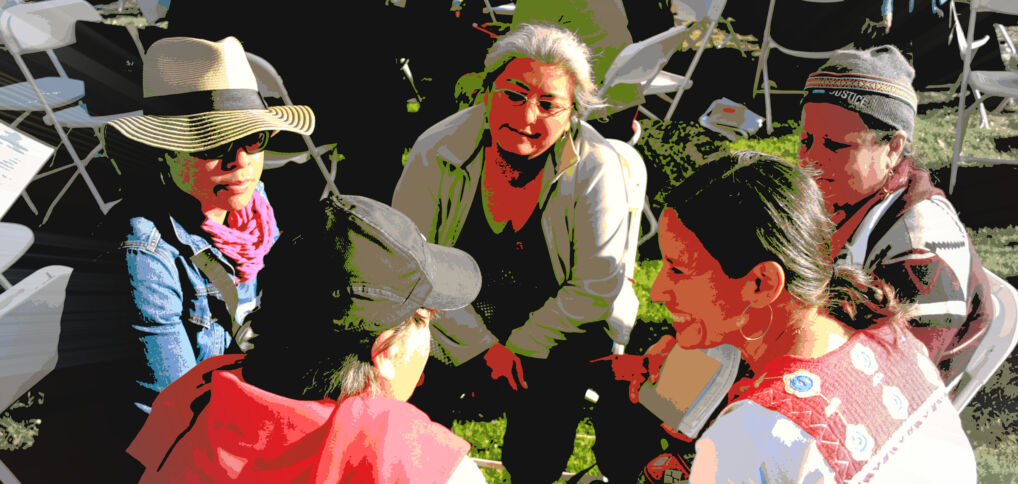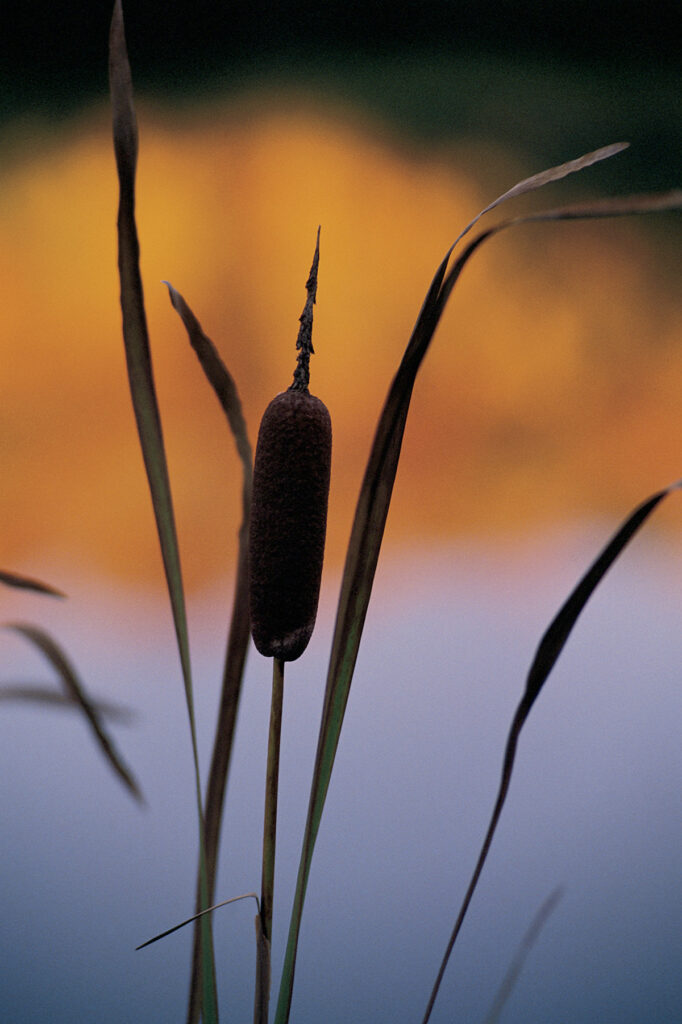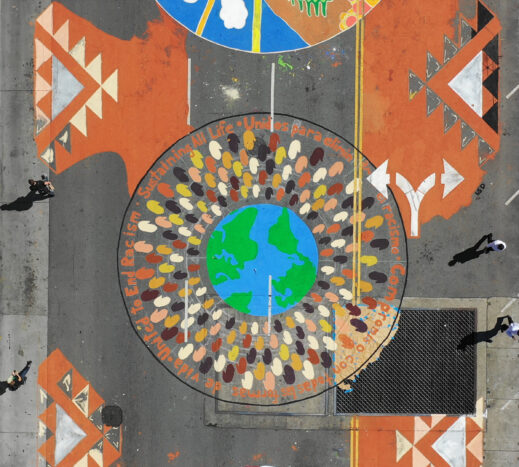
We Catholics, observant and cultural, live throughout the world. We cherish our common home, this magnificent Earth, as well as all its peoples. We treasure all creation. “The urgent challenge to protect our common home includes a concern to bring the whole human family together to seek a sustainable and integral development, for we know that things can change.” (Pope Francis’s Encyclical, Laudato Si’1)
A third of us live in Canada, Europe, and the United States. Two thirds of us live in the global South—including Central and South America, Mexico, the Caribbean, Africa, Asia, and the Middle East. Those in the global South are feeling the worst impacts of climate change. Severe weather (such as flooding and drought) and water and air pollution are destroying the land and people’s health and economic survival. Similarly, in the dominant nations of the North the impact of the climate emergency is falling most heavily on Indigenous and Global Majority people2—primarily women, young people, poor people, and migrating people.
To play a significant role in ending and healing from climate change, we need the biggest picture of who we are and the broadest understanding of our people’s history. This means looking directly at genocide, colonization, enslavement, imperialism, and male domination and sexism. We European Catholics and our descendants were oppressed and then reenacted our oppression on other peoples and lands. Catholicism became interwoven with imperialism. Patterns of greed and power seeped into our culture and exploited the planet.

No matter how much we may have suffered from oppression, climate destruction requires us to prioritize the needs and interests of those who are currently the most severely impacted by it: women, young people, Indigenous and Global Majority people, and people of the global South.
their genocide.
We must face and understand the destructiveness of our economic system and its social institutions. Patterns of greed and exploitation now affect all parts of the world. Some of us consume too much and waste resources while others lack even the basic resources they need to survive.
We must listen to women. As primary caretakers, women can be relied on to fight to preserve the planet for their children.
We must listen to women. As primary caretakers, women can be relied on to fight to preserve the planet for their children.
We can reclaim our humanity and our deepest connections with each other—which have been central to our Catholic religion and culture across time and among all nations and races—no matter how distorted they may have become in societies motivated by “profits over people.”
We must reject and end the separation that keeps dominant groups ignorant about the impact of climate change on Indigenous and Global Majority people. We must listen to and follow the lead of those most impacted.
Our historical experiences have injured us emotionally, and our work to stop climate destruction will go best when we heal from the hurts. Healing from them will include the following:
• Understanding that we are good and that we love the world
• “Learning to accept [our] body, to care for it and to respect its fullest meaning” (Pope Francis’s Encyclical, Laudato Si’)
• Becoming increasingly compassionate and acting in solidarity with others
• Making sure that no one gets left behind
• Challenging any and all denial that climate change is real
• Challenging despair with the hopefulness of community
• Understanding that our struggles are rooted in the past
• Interrupting our attempts to “escape,” especially stopping overconsumption
• Ending our personal reliance on fossil fuels, pesticides, and plastics; ending our wasteful energy practices
• Recognizing that exploitative systems are the problem and that people are powerful enough to transform them
• Having the courage to be vulnerable
• Remembering that we are healing the planet for the sake of the world’s children
• Reclaiming our fearless integrity
• Understanding the Doctrine of Discovery well enough to end its impacts
• Reaching out with pride to all Catholics
Catholic-heritage people are exactly the right people to play a key role in repairing our beloved world.
1Laudato Si’: Caring for Our Common Home is the title of the formal letter, or Encyclical, on climate change and the environment addressed by Pope Francis to all the peoples of the world; published on May 24, 2015.
2 Indigenous peoples and the peoples of Africa, Asia, the Pacific Islands, the Caribbean, and Latin America, and those descended from them, are over eighty percent of the global population.
These people also occupy most of the global land mass. Using the term “Indigenous and Global Majority (IGM)” for these people acknowledges their majority status in the world and interrupts how the dominant (U.S. and European) culture assigns them a minority status.
Many Indigenous and Global Majority people living in dominant-culture countries have been assimilated into the dominant culture—by force, in order to survive, in seeking a better life for themselves and their families, or in pursuing the economic, political, or other inclusion of their communities. Calling these people “Indigenous and Global Majority” contradicts the assimilation.
3 The Doctrine of Discovery is a set of documents that established a spiritual, political, and legal justification for colonization and seizure of land not inhabited by Christians. It has been invoked since Pope Alexander VI issued the Papal Bull, Inter Caetera, in 1493.


